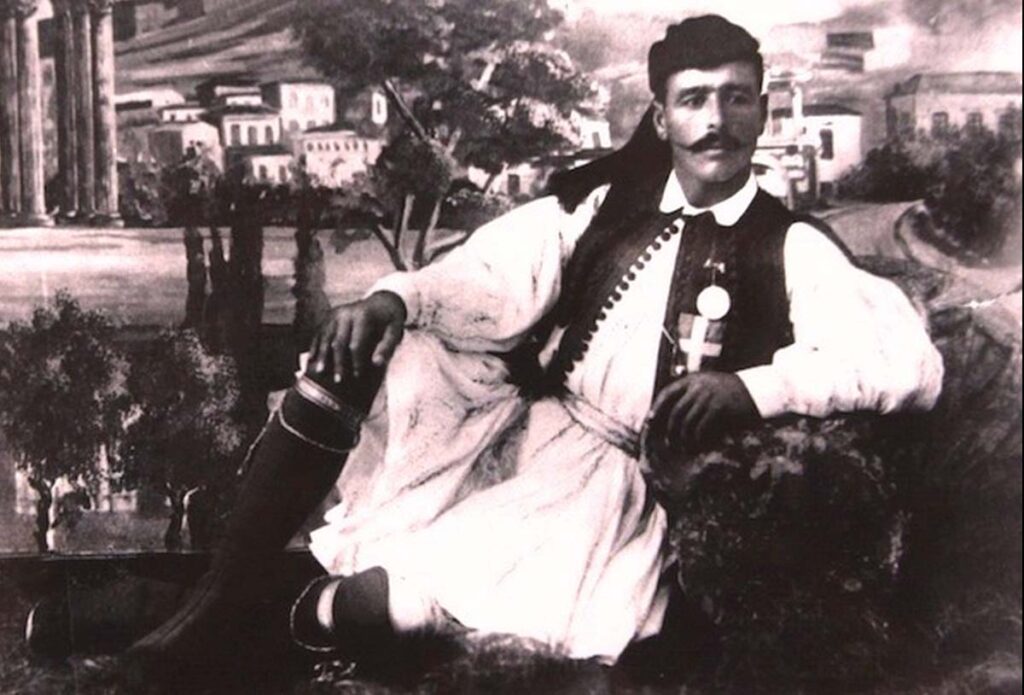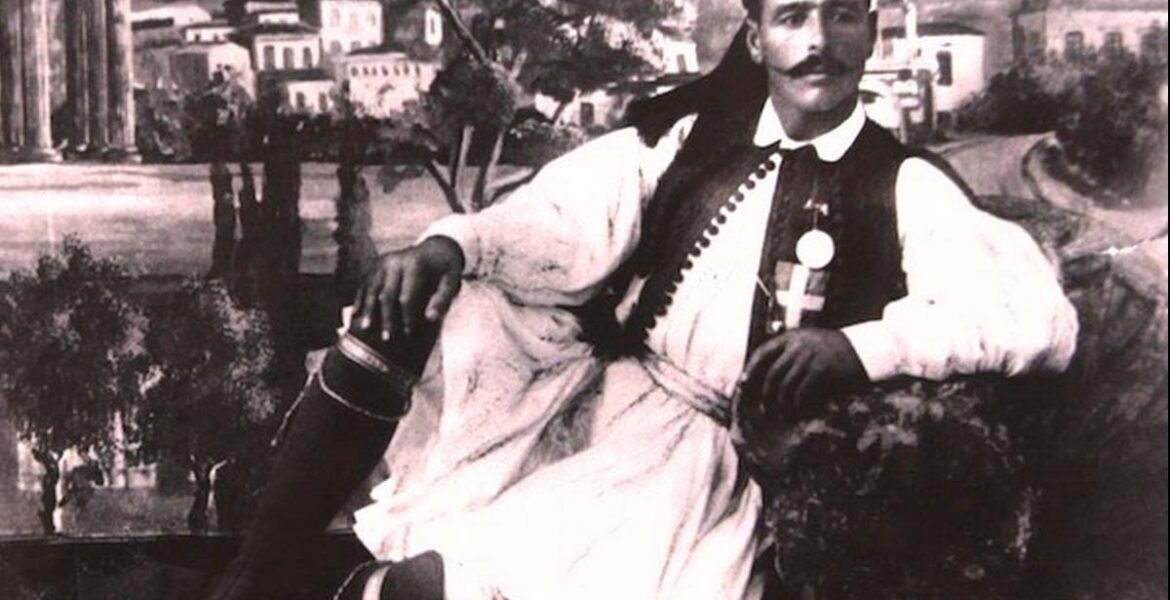
In 1896, Spyridon Louis made Greek sporting history. He won the first marathon race of the modern Olympic Games in Athens.
Spyridon Louis (Σπυρίδων Λούης) was born in the town of Marousi, north of Athens, on January 12, 1873.
His father sold mineral water in Athens, at the time lacking a central water supply, and Spyridon helped him by transporting it. He was a 'water carrier'.
After Pierre de Coubertin's decision in 1894 to revive the Olympic Games, preparations were made to organise the first modern Olympics in Athens. One of the races would be the marathon, an event which had never been held before.
The Greeks were very enthusiastic about this new event and decided to hold qualifiers for the marathon. These races were organised by Colonel Papadiamantopoulos, who Louis previously served under in the military.
Papadiamantopoulos, who knew of Louis's talent in running, had convinced him to try out. He participated in the second qualifying race and placed fifth.
On April 6, 1896, the Olympic Games, a long-lost tradition of ancient Greece, are reborn in Athens.
The Olympic marathon was run on 10 April, 1896.
In the Marathon, Colonel Papadiamantopoulos gave the starting signal for the small field, consisting of thirteen athletes from Greece and four from other nations.
The lead was taken over by Edwin Flack, an Australian runner who had already been victorious in the Olympic 800 and 1500 metres. Spyridon slowly closed in on Flack. The Australian, not used to running long distances, collapsed from exhaustion.
As Spyridon entered the Panathenaic Stadium for his final lap, he was met by a thundering ovation - “Hellene, Hellene!”
Crown Prince Constantine and Prince George of Greece joined him on the final lap.
Spyridon won the race by more than seven minutes, with a time of 2:58:50. He was celebrated as a national hero.
After the Olympics, Spyridon ended his athletic career to become a farmer and a police officer.
He also made guest appearances at multiple sporting events, always being applauded with admiration.
On August 1, 1936, he was invited by Hitler to the opening ceremony of the Berlin Olympics. Spyridon attended the ceremony and reportedly offered him an olive branch from Olympia, the birthplace of the Olympic Games, as a symbol of peace.
Forty years later, Spyridon recalled the moments after his victory: “That hour was something unimaginable and it still appears to me in my memory like a dream… Twigs and flowers were raining down on me. Everybody was calling out my name and throwing their hats in the air…”
On March 26, 1940, Spyridon Louis died in Maroussi.
In Greece, various sports establishments are named after Spyridon Louis. These include the Olympic Stadium of Athens where the 2004 Summer Olympics were held, as well as the road outside the stadium.

